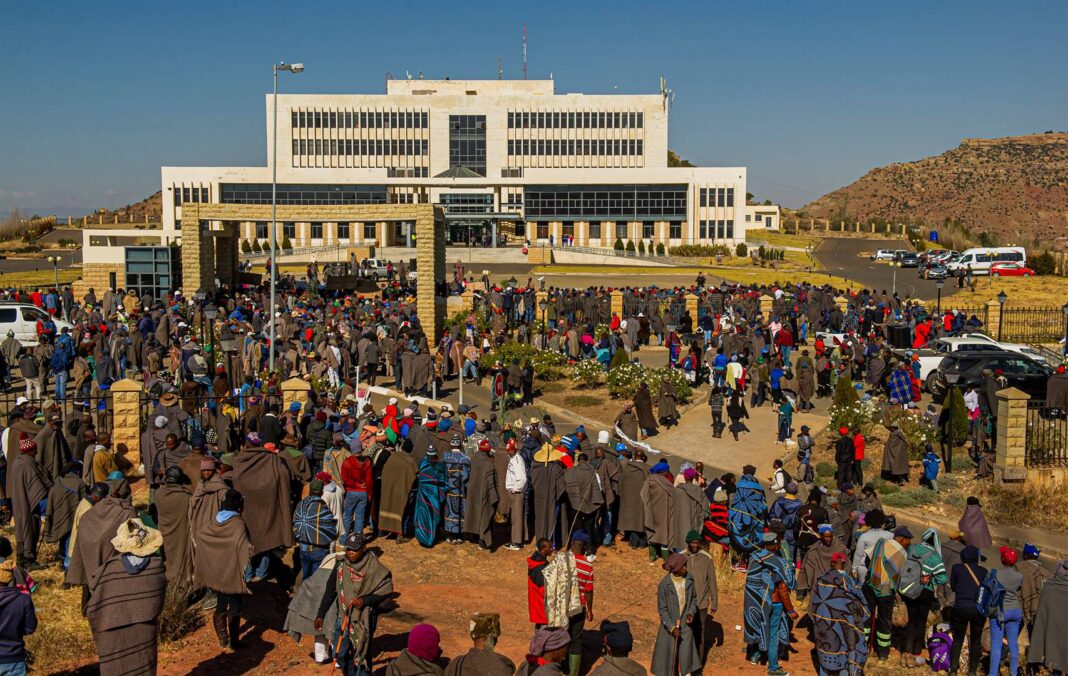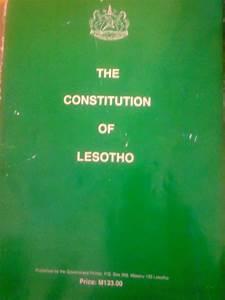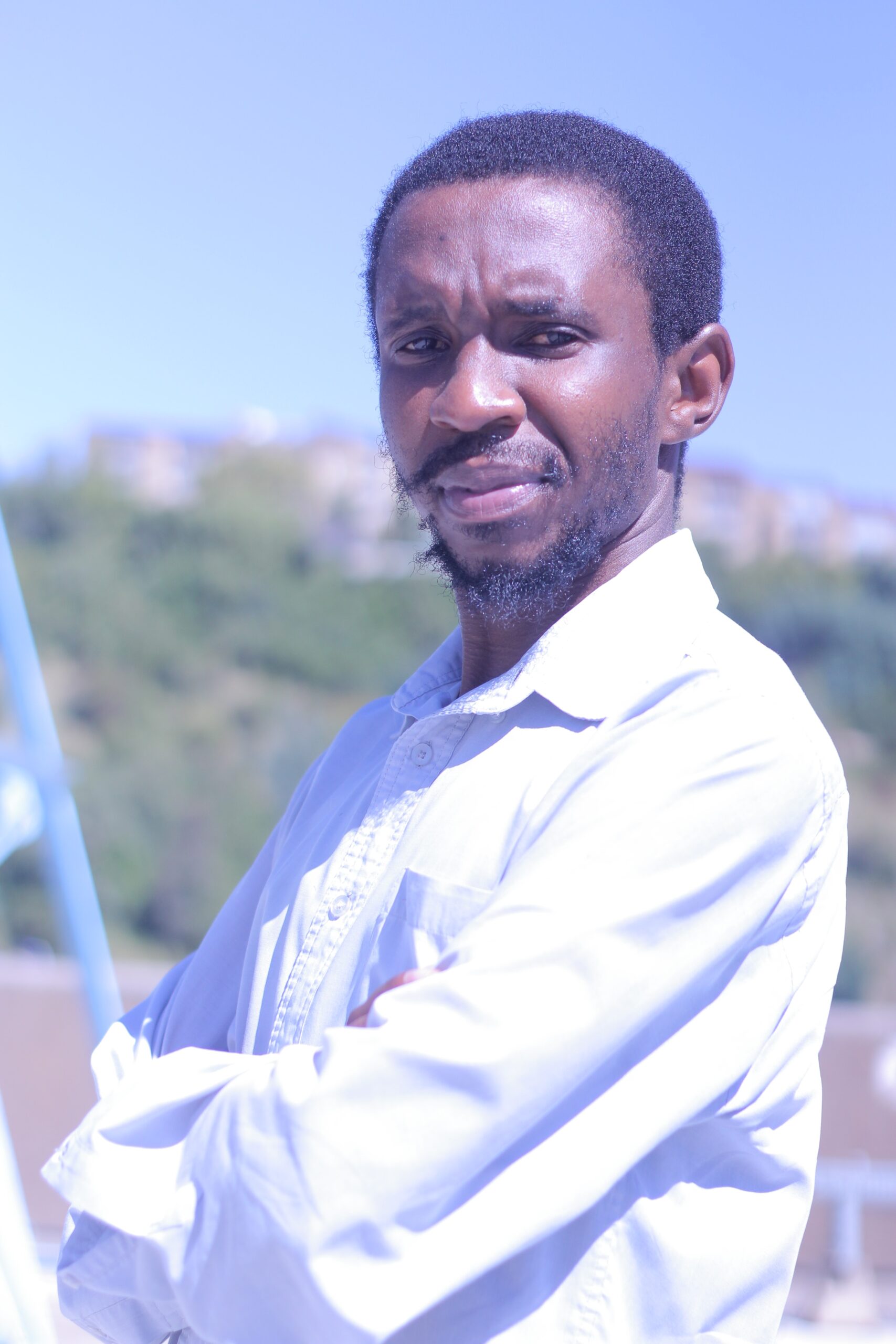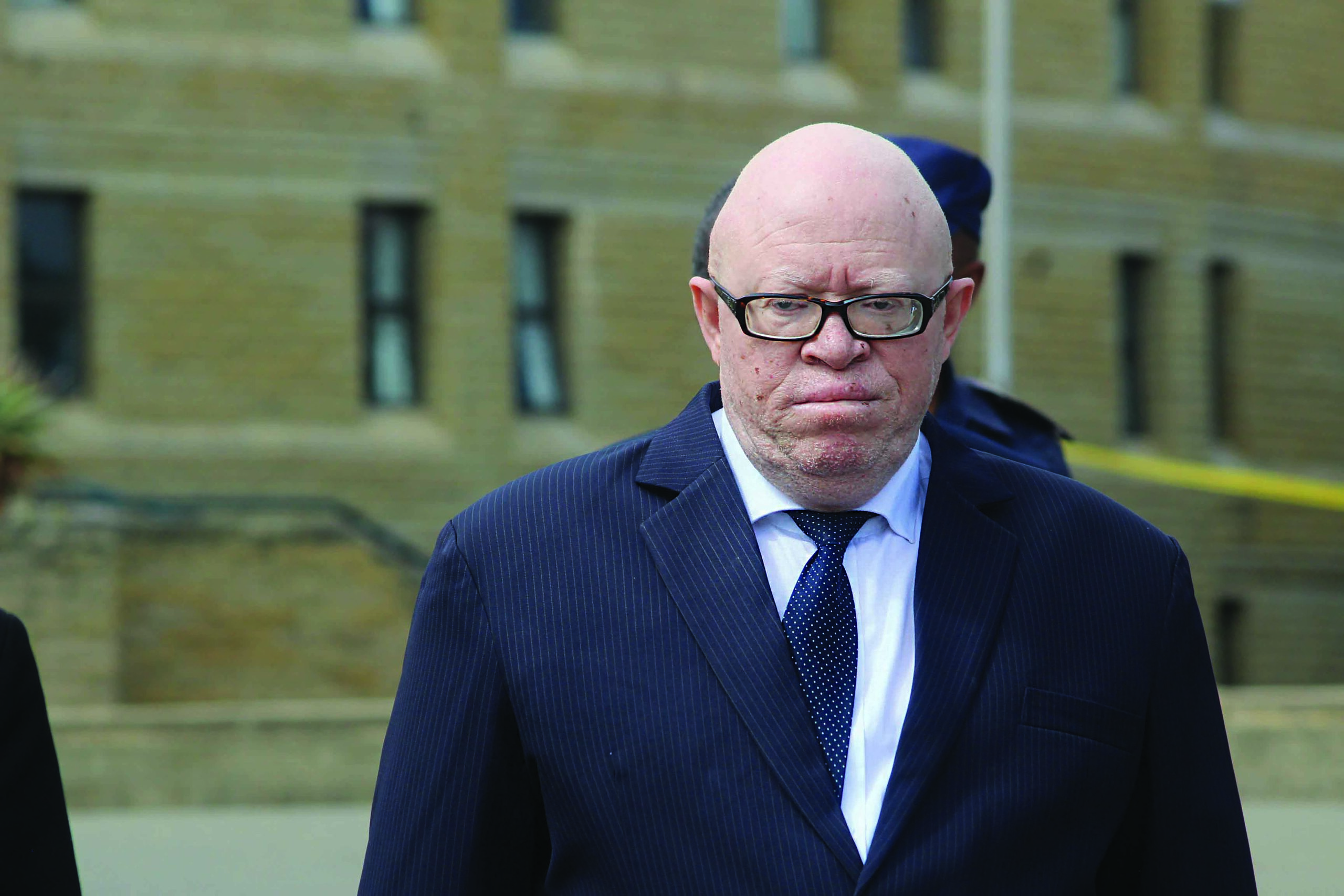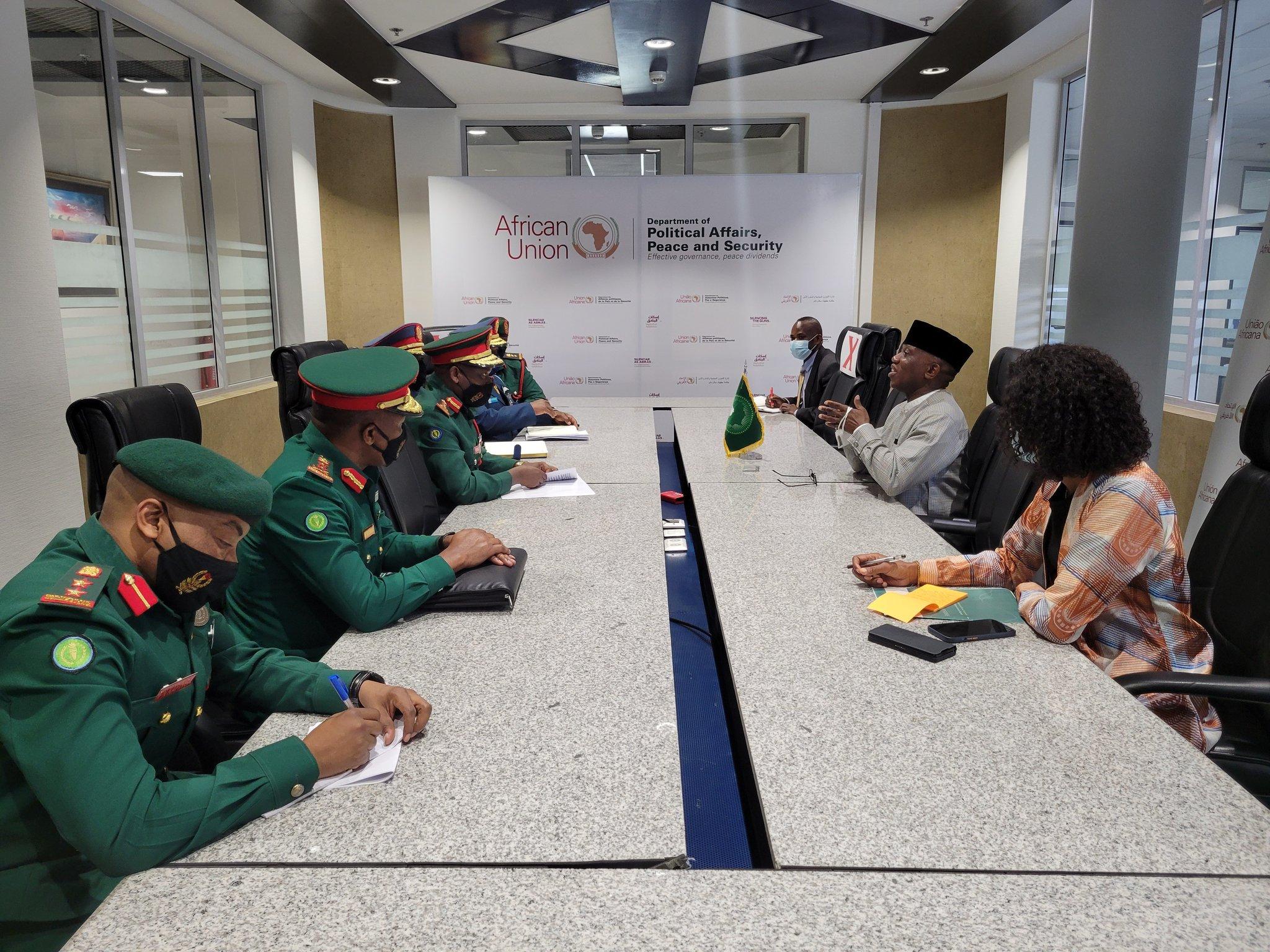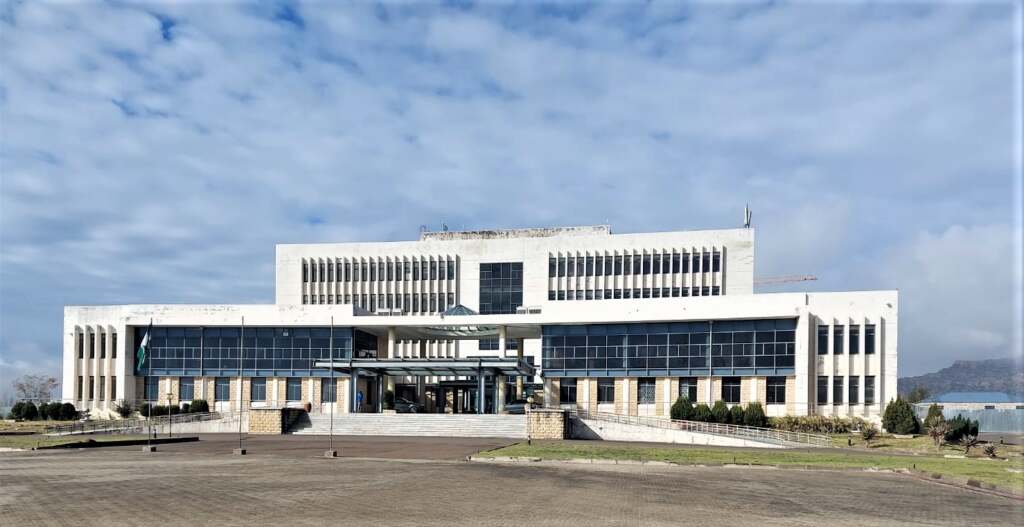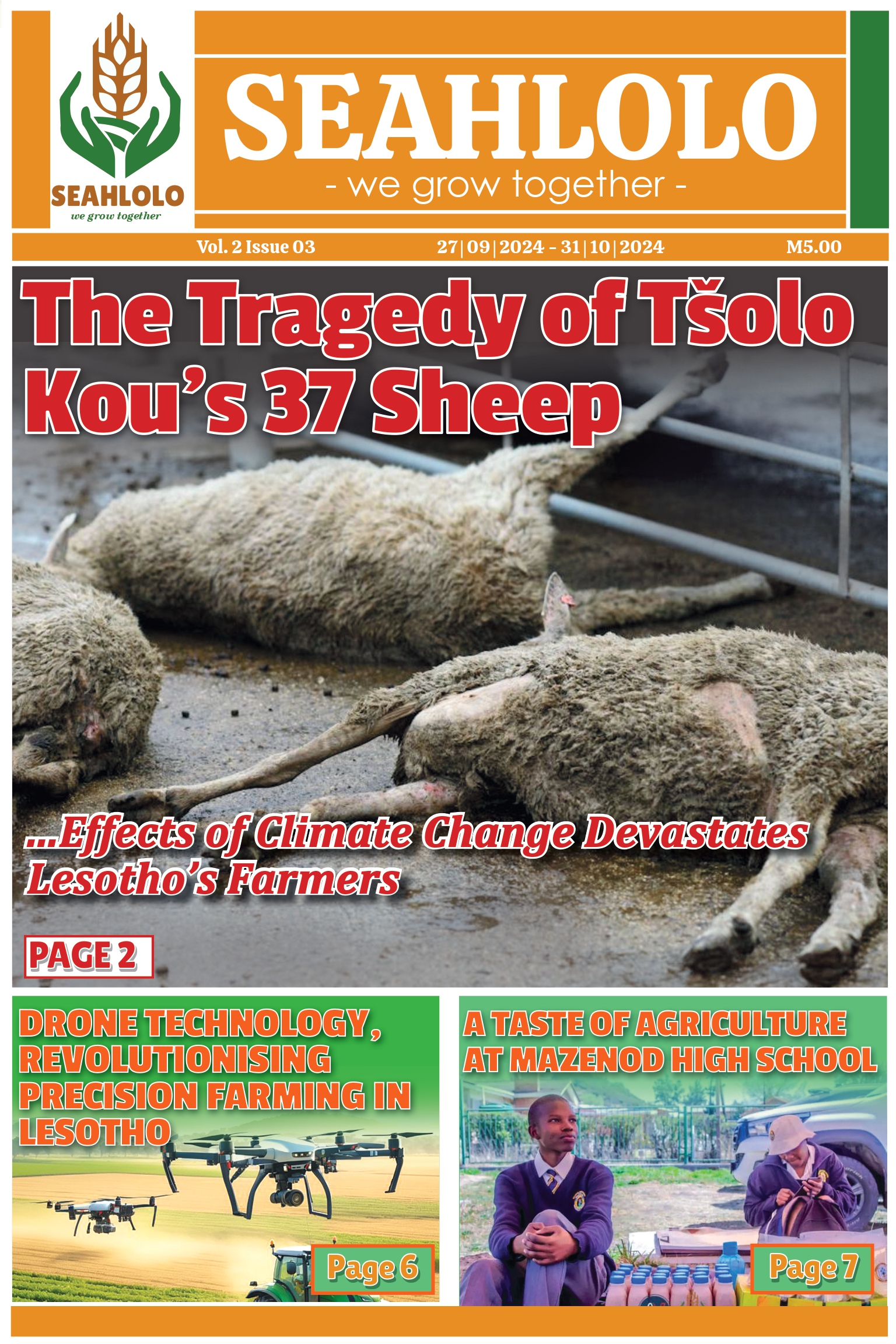Advocate Mokitimi TÅ¡osane
Following the transition from the two autocratic and military regimes in 1993, the Kingdom of Lesotho adopted and reinstated the constitution which had been suspended in 1970.
Under section 1 of the constitution, Lesotho is declared a sovereign constitutional democracy. Though not explicitly stated, like any other, Lesotho’s constitutional democracy reflects the paramount importance of human dignity and the worth and value of each individual. Constitutional democracy includes among its highest purposes the protection of right to privacy and freedom of expression.
Antithetic to the previous authoritarian regimes, among other things the new democratic dispensation included among its highest purposes the protection of freedom of expression and access to information, right to privacy, freedom from arbitrary search and seizure, right to fair trial, and freedom from cruel and inhumane punishment.
As we celebrate 30 years of the democratic constitution, it is with great concern that there is lurking in our midst, Computer Crimes and Cybersecurity Bill which has elements that justify overreach of enforcement powers suffocating the very essence of a responsive democracy – freedom of expression and Speech and the right to be free from intrusions and interference by the state and others deriving from the right to privacy.
In the Bill, the government risks excluding the general public from the greater information society in this information era. The Bill encompasses sections meant to undermine and erode the right to privacy, freedom from arbitrary search and seizure of property, freedom of expression and access to information, and right to a fair trial.
These provisions have the potential to shrink the civic, media, and political spaces.
- Recommendations
We, however, urge the ACHPR to encourage the Government of Lesotho to:
- Review and rework the Bill considering all comments received from all stakeholders including the public and private sector, as well as the legal profession, academia, and information security practitioners in line with section 20(a) of the constitution.
- Ensure that sections meant to undermine the right to privacy, freedom from arbitrary search and seizure of property, freedom of expression and access to information, and right to a fair trial be deleted entirely as they have the potential to shrink the civic, media, and political spaces.
- Ensure that the cybersecurity regulation is informed by the revised principles of the ACHPR Declaration on Freedom of Expression and Access to Information which recognises the internet as a right. It is also important to ensure that the Cyber Bill complies with the African Union Convention on Cyber Security and Personal Data Protection (Malabo Convention).
- Ensure that media is free and secure to ensure that media can play a role in promoting sustainable growth and regional integration.
Part II
- Torture and Ill-treatment
TRC notes that despite a huge reduction in cases of police brutality, there are still outstanding investigations and prosecution of incidences of torture and ill-treatment. There was an alarming trend of alarming acts of police brutality, unlawful use of force, and ill-treatment committed by state authorities in Lesotho in the past years. However, up to date, there has not been any action towards holding those responsible accountable or clearing the issues in court.
For example, about 56 residents from Kao were subjected to torture, cruel, and degrading treatment by the police in December 2019 but no prosecution has taken place to date.
On or around 11 May 2022 members of the Lesotho Mounted Police Service stationed at Ha-Lejone in a joint operation with the Lesotho Defence Force tortured, and subjected about 46 Liseleng community members to gross ill-treatment.
The villagers staged a protest against power outage that had lasted about 4 weeks due to a blasting on or around 1st April 2022. In both incidents, there has neither been any investigation and prosecution nor compensation to the victims.
Under sections 4(1) (d) and 8(1) of the Constitution of Lesotho, any form of inhuman treatment or torture is prohibited. The Constitution binds any individual, including members of state authorities.
In addition, Lesotho has ratified the United Nations Convention Against Torture and other Cruel, Inhuman, or Degrading Treatment or Punishment (CAT) in 2001 and is a state party to the African Charter on Human and Peoples’ Rights which prohibits torture or any other form of cruel, inhuman or degrading treatment.
TRC, therefore, requests the Commission to remind the Government of Lesotho that it has a duty under international law to take effective legislative, administrative, judicial, or other measures to prevent acts of torture and other ill-treatment. TRC holds that lack of investigations and prosecution of acts of torture and cruel treatment creates impunity. Therefore, TRC requests the Commission to reiterate to member states that there is a duty to investigate and prosecute acts of torture, inhuman and cruel treatment.
- Use of force against protestors
Following the death of Kopano Makutoane at the hands of the police during a strike at NUL on 16th June 2022, The Transformation Resource Centre (TRC), the International Commission of Jurists (ICJ) and the Southern Africa Litigation Centre (SALC called on the authorities to promptly carry out a prompt, thorough, independent, and impartial investigation into the killing and wounding of protestors and to prosecute those identified as responsible in fair trials.
On 7 February 2023, the Office of the Ombudsman issued a report on on-motion investigation into the strike by the National University of Lesotho Students Against the National Manpower Secretariat and violent action by the Lesotho Mounted Police Service (LMPS) on 16th June 2022, Inquiry No. 1 of 2022/2023.
Among other things, the report highlights that incidents of inhuman treatment are substantiated and that there is a need to ascertain criminal elements on the part of the police officers who were involved in the violent protest action.
TRC requests the Commission to reiterate to member states that whenever there has been a loss of life in protests, there is a duty to carry out a prompt, thorough, independent, and impartial investigation into the killing and wounding of protestors and to prosecute those identified as responsible in fair trials.
- Right to Development
The UN General Assembly adopted the Declaration on the Right to Development in 1986, expressing its concern about the ‘serious obstacles to development, as well as to the complete fulfilment of human beings and of peoples.
This is constituted, inter alia, by the denial of civil, political, economic, social and cultural rights, and considering that all human rights and fundamental freedoms are indivisible and interdependent’. The right to development is classified as a group right and includes both a right to substantive improvements in living conditions as well as the right by groups to participate in developmental processes.
Communities affected by dam constructions, mining, extraction of quarry, road constructions and building of textile factories are left worse than before. Medical cannabis manufacturing and production facilities are new additions to the settings contributing to vulnerability of the rural communities affected by these establishments.
Many of these capital projects have come at the cost of compulsory land acquisition (expropriation), resettlement of communities and individuals as well as other effects on the rights of communities in such areas. There are issues around inadequate compensation, environmental degradation, pollution, and underdevelopment that directly have adverse effects on the right to life.
Therefore, we call on the government to adopt human rights inclined compensation, rehabilitation, and resettlement policies in recognition that all human beings, individually and collectively, have a responsibility to secure the right to development.
We further urge the Commission to advise the Government of Lesotho take heed of the Draft study by the Expert Mechanism on the Right to Development dated 20 March 2023 produced under the Expert Mechanism on the Right to Development. Lesotho has an obligation to recognize the Right to Development as enshrined in Art 22 of the African Charter having ratified the Charter in 1995.
- Constitutional Reforms: Establishment of the Human Rights Commission
At its dissolution in April 2022, National Reforms Authority had drafted a mega constitutional amendment containing about 90 amendments – the so-called “Omnibus Billâ€. The then Minister of Law and Justice Advocate Lekhetho Rakuoane tabled the 11th Amendment to the Constitution Bill at the National Assembly on 26 April 2023.
By operation of law, His Majesty King Letsie III dissolved parliament on 14 July 2022 when its five-year term expired. Unfortunately, parliament was dissolved before the promulgation of the 11th Amendment to the Constitution Bill 2022. The Bill was passed as the 10th Amendment to the Constitution when parliament was recalled in September 2022.
The Recall of Parliament was later declared unconstitutional and that had the effect of nullifying the Amendment. Currently, the new government intends to re-introduce the Amendment as it was though with slight adjustments.
The nullification of the declaration of state of emergency and recall of parliament by the courts meant the Human Rights Commission, democracy supporting institutions, and tiers of government. Therefore, we recommend for the expedition of the reforms in order to establish the Human Rights Commission and other democracy supporting institutions.
- Establishment of the Persons with Disability Advisory Council
In 2021, the Persons with Disability Equity Act was promulgated. This was a positive move regard being had to the domestication of the United Nations Convention for the Right of Persons with Disabilities (CRPD). However, the Government has not established the independent Persons with Disability Advisory Council.
Therefore, we urge the Commission to ask the government to establish the Persons with Disability Advisory Council.
- Inadequate funding and assistance to the Judiciary by the Government
TRC emphasises that a functional and efficient judiciary is an urgent community need to mitigate declining confidence in the courts. By failing its positive obligation and mandate to accord such assistance as the courts may require protecting their independence, dignity and effectiveness, the Government (Executive and Parliament) have been in constant violation of section 118 (3) and section 27 of the Administration of the Judiciary Act.
There is also a need to improve access to the courts facilities as well as making the courts more accessible to the common citizen. Further, there is need for the courts to utilise the restorative justice mechanisms proposed in legislations like the Counter Domestic Violence Act to dispense off other cases timeously.
TRC requests the Commission to urge the Government of Lesotho to accord the judiciary the assistance it requires to revamp the infrastructure of the High Court and magistrates’ courts, pay outstanding bills to the utility companies, pay for running expenses, and to recruit sufficient judges.
- Status of Senate Gabasheane Masupha Complaint
The CSOs in Lesotho humbly seek to know the status of the Gabasheane Masuha compliant which was submitted before the Commission in 2014.
This statement was presented the 75th Ordinary Session of the African Commission On Human And Peoples’ Rights by Advocate Mokitimi Tšosane (Public Interest Litigation and Human Rights Officer) on behalf of the Transformation Resource Centre assisted by other civil society organisations in Lesotho.

